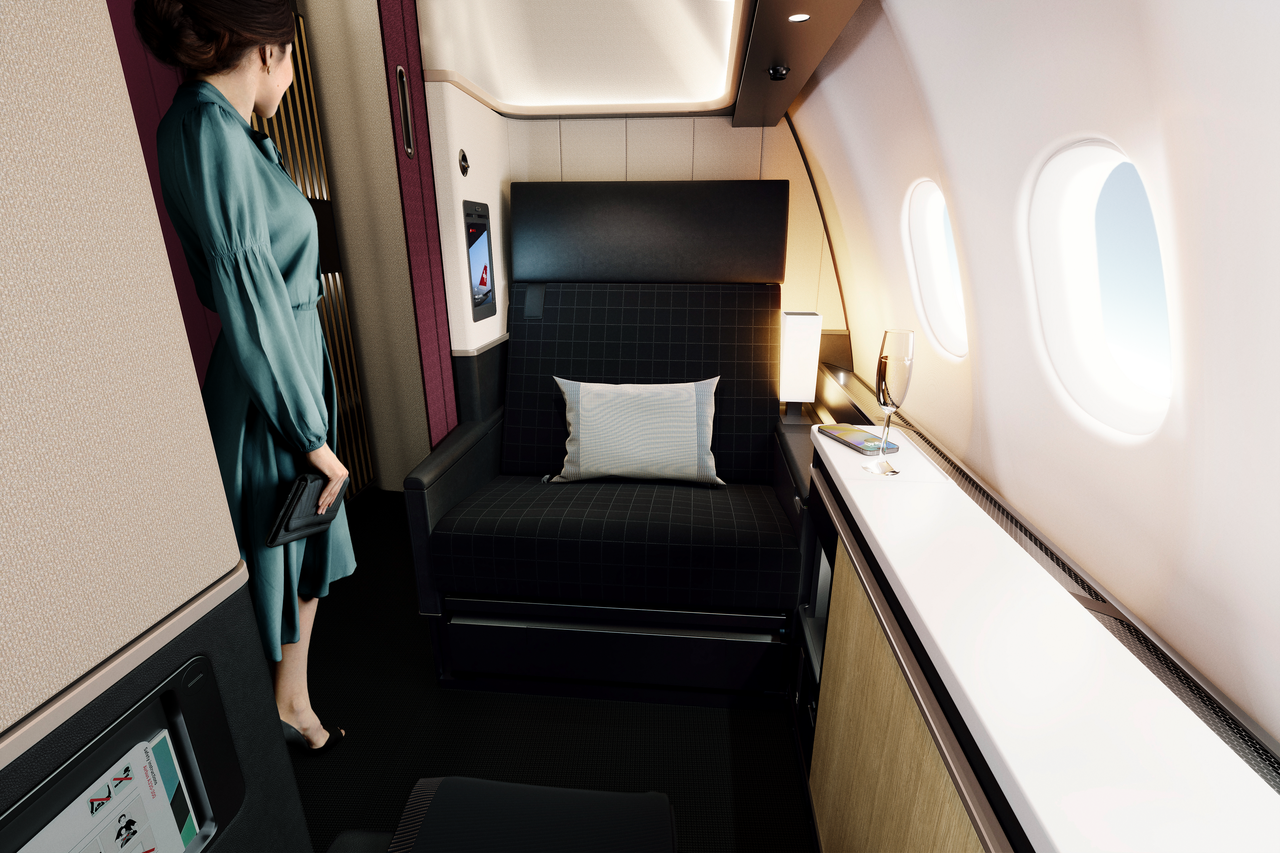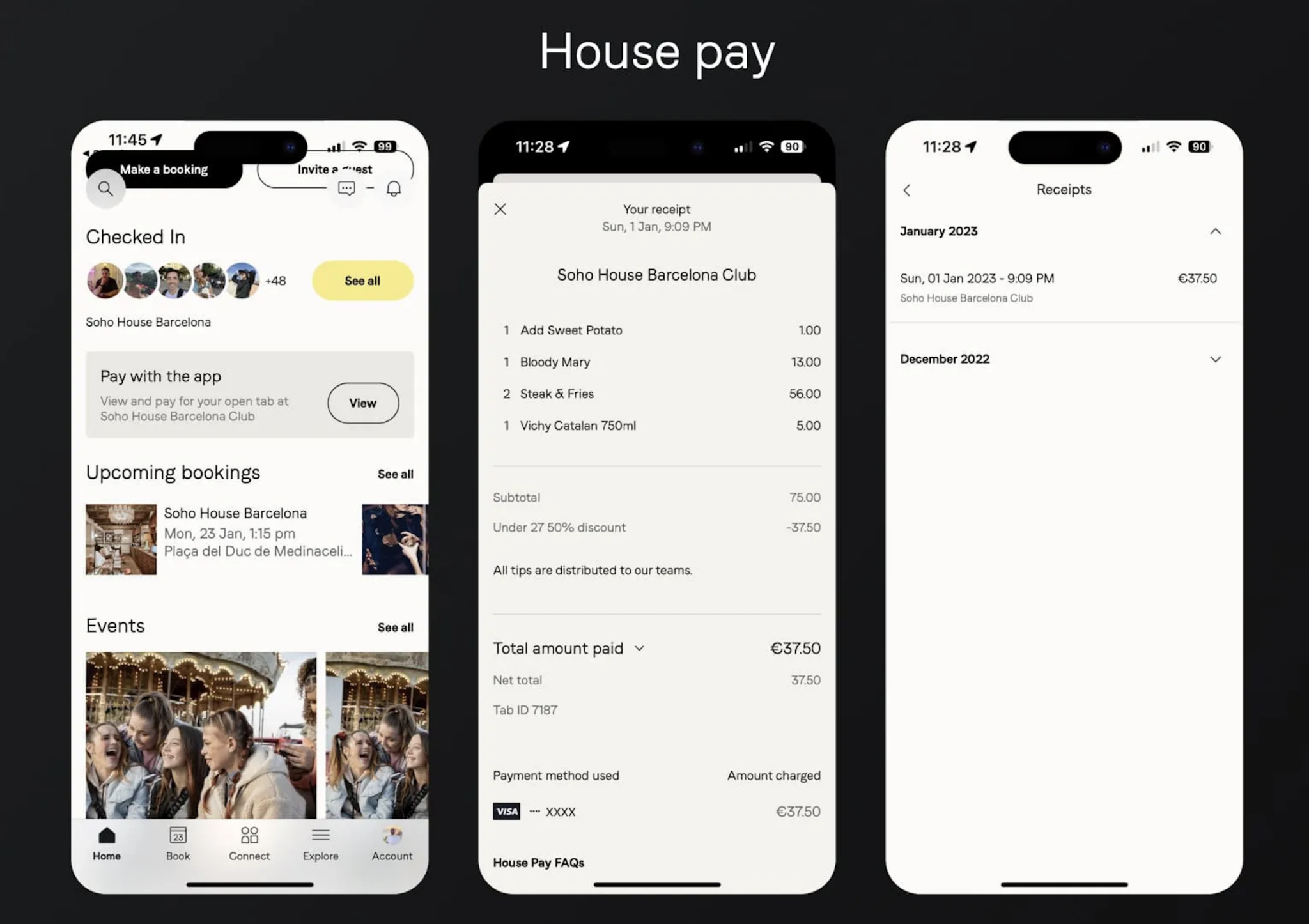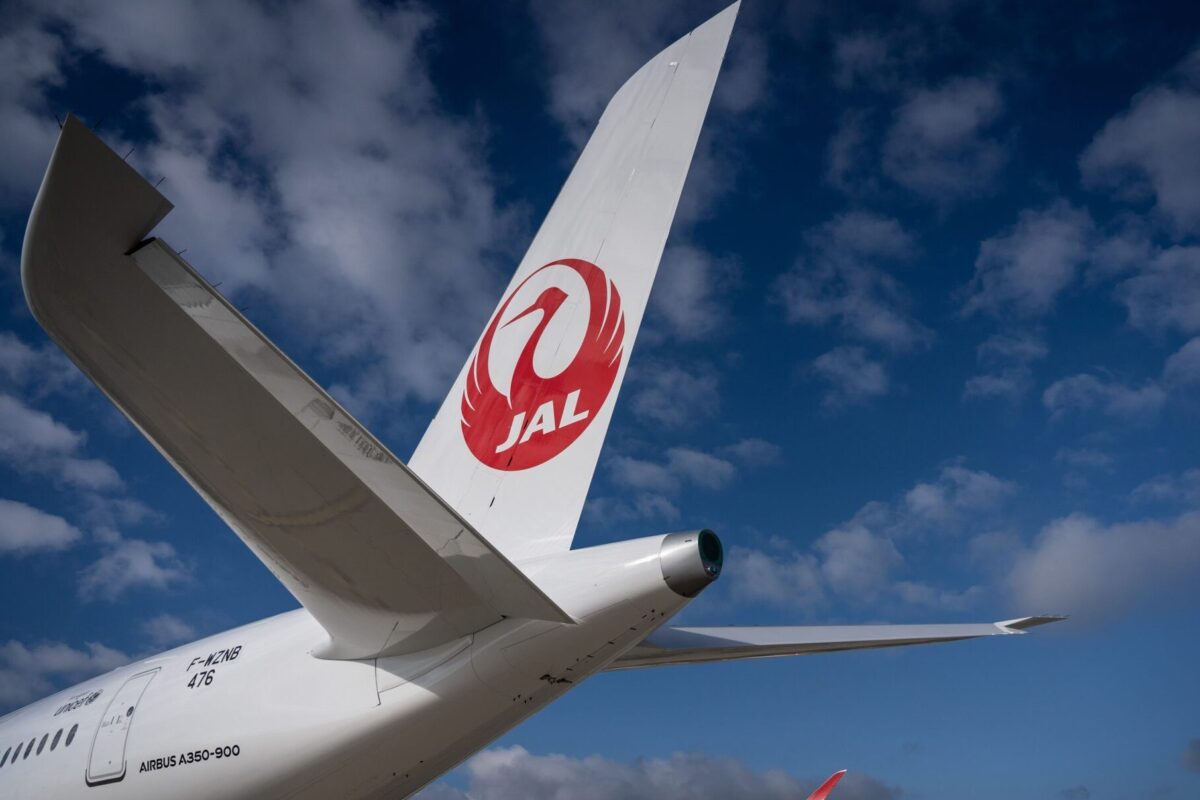Here Are the Airlines That Will Be First To Allow Relaxed Digital Device Use
Skift Take
The race is on to be the first airline to enables its passengers to have expanded use of in-flight electronics and here’s how the carriers are lining up:
- Delta claims it was the first airline to submit a plan to the FAA on the use of portable electronic devices gate to gate and below 10,000 feet, and says its entire fleet has completed the PED tolerance testing to ensure safe operations. View more on Delta’s new PED policy here.
- JetBlue, which is introducing Wi-Fi in the next few weeks, announced it has begun the process with the FAA “to become the first airline to allow customers to use portable electronic devices during all phases of the flight.”
- Spirit Airlines doesn’t currently offer Wi-Fi but CEO Ben Baldanza told CNBC, “A large number of our customers bring a smartphone or tablet on board the airplane so their ability to use it — as long as it’s safe for the airline — we would be fully in support of that.” Baldanza also suggested that the additional time from gate-to-gate would lead to greater profit margins on in-flight Wi-Fi on Spirit when it begins offering the service.
- Southwest Airlines is still working on its amended PED policy. A Southwest representative told Skift, “We know this is something Customers have wanted for some time now, and we’re excited to soon give them the freedom to use personal devices throughout their flight. While specifics of our amended PED policy have yet to be finalized, we plan to work diligently and quickly to implement a process that allows Customers this added convenience. The timeline will be partially based on the FAA approval process.”
- United Airlines is still working on a plan to submit to the FAA with no clear guideline. A spokesperson says, “We already started work to implement this as safely and quickly as possible, and are excited to offer this new benefit because our customers tell us they want to use their portable electronic devices.”
- Virgin America is the only U.S. airline with full fleet WiFi and power outlets. A spokesperson says they will be able to implement changes before the Thanksgiving holiday. She also says, “we’ve always said that we welcome any rule changes that will increase connectivity and convenience for our flyers, so we’re really pleased with the news today.”
- Alaska Air says it will take more than two weeks for the airline to implement the changes. The carrier did not receive the new FAA rules until today. A spokesperson said they airline will need to update all pilots and flight attendants, change the seat-back emergency cards and PA announcements, and decided which larger devices must still be stowed.
- American Airlines says it will submit a plan to the FAA to allow the extended use of portable electronic devices onboard our entire mainline fleet. A spokesperson followed up, “American has been working with the FAA for some time on this initiative and we are excited to bring this improved level of service to our customers. American is working closely with our regional partners to bring the same level of portable device access to regional customers by the end of the year. We look forward to making this enhancement available to our customers as soon as we receive approval from the FAA.”
Ironies abound on how the airlines are reacting to today’s FAA announcement on the expanded use of PEDS below 10,000 feet.
For example, JetBlue, which is sprinting to become the first airline to implement new policies on PEDs, currently has NO WI-FI on its planes other than one aircraft that is being tested.
JetBlue plans to begin its fleet rollout of satellite-based Wi-Fi in partnership with ViaSat before the end of this year, with 85% of its fleet to be covered by the end of 2014.
But, JetBlue now wants to claim the leadership mantel on the issue.
And, Spirit also is talking about the financial advantages of increased PED use, and it too doesn’t offer any Wi-Fi.
And, leave it to Spirit to find a way to monetize the new rules. No one would put it past Spirit.





